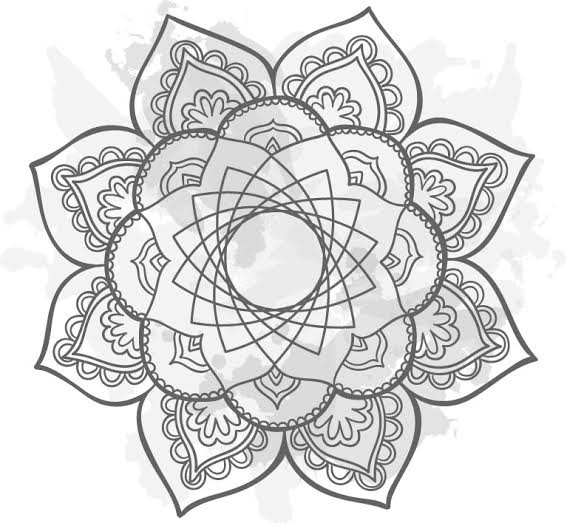
19 Nov Pollyanna
The other day I was having a conversation with some friends about shame. Shocker, right? A couple of them had not heard the intricacies of the concept of shame so I was asked to explain.
“Three basic guideposts of shame:
- We all have it.
- No one wants to talk about it.
- The less we talk about it, the more we have it.”
One of my friend’s moms was present and she met my explanation with a resounding,
“No. That’s not me. I don’t have that.”
This woman is sweet as pie and I love her dearly so I listened to her explanations about her incredible upbringing and how raising her boys was such a joy. It was allll good. The conclusion became that everyone except for sociopaths and Anne have shame.
It was funny and we laughed and we let her off the hook, mostly because:
She’s a grandma. You simply do not push certain things with other people’s grandmas. (Unless you are a counselor being a counselor, but not a friend over dinner. Respect, people.)
Here is the problem for us all though:
Denying that you have shame robs us all of an opportunity to connect with you. My friendships go deeper with a few instead of more shallow with many so I know my friends shame. We talk about it. We do not let the other sit in shame alone. We make campfires in our shame & roast marshmallows until it dissipates. One of my friends came back from a beach trip recently and was all:
“Emily, Carol would not stop talking badly about herself and her body so eventually I just started shouting, ‘SHAME’ anytime she opened her mouth. Eventually, she did it for me!”
Not necessarily the best approach for the people in your world, but—hey!–whatever works for you and your people.
What does not work for people is denying your own humanity. I know a few people who are, like my friend’s mom, very Pollyanna. This is beautiful and lovely and certainly keeps things up beat in life.
“Oh, I just let things roll off my back. It’s not about me. That is their problem and I don’t have time to waste on their pettiness. I just let it go. I don’t spend time worrying about that.” etc. This is amazing! Emotional maturity, boundaries—knowing where your crap ends and another begins, that is what we call wisdom.
However, denying the broken pieces of you, renouncing the darkest pieces of your heart, withholding the very parts of you that need the most light will not help you or me or anyone else.
This is where we connect. Where your shame meets my shame, where your story intersects with my empathy, where my humanness meets your compassion: this is where healing happens.
I do not want to admit that I am lonely, or that I am afraid, or that I am often asked questions that I, in fact, do not have answers to. I would rather you not know that I feel sadness deeply, that I cannot control my own grief and have to surrender to the process. I would rather go on living without be disappointed or—even better—without ever disappointing someone else, or getting my feelings hurt, or being deeply misunderstood, or feeling abandoned.
I long to be able to tell you that I am a robot.
But Disney never made a bestseller out of a robot who had no feels. And you never leaned in hard to a relationship with a person you thought “had it all together” or who seemed untouchable because they pronounced perfection.
Reinterpreting history to squeeze every last ounce of happy and positive lesson out of it is a talent—and a beautiful one. But rewriting history (or the present moment) to erase the negative, to take away the ugly, the pain, and all those things that make us truly vulnerable…
…well that is to take away the gift of life. Because robots are certainly not sad, but they also are not happy.
Feel your feelings, yo. Own your feelings. Do not get too attached, but be honest. Do us all a favor…and get cozy with not being a robot. We feel you on the desire to be immune to the heartache.
But really all we long for is connection and intimacy with your beat up heart.
image credit: indulgy.com



No Comments